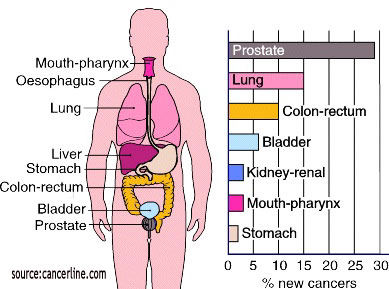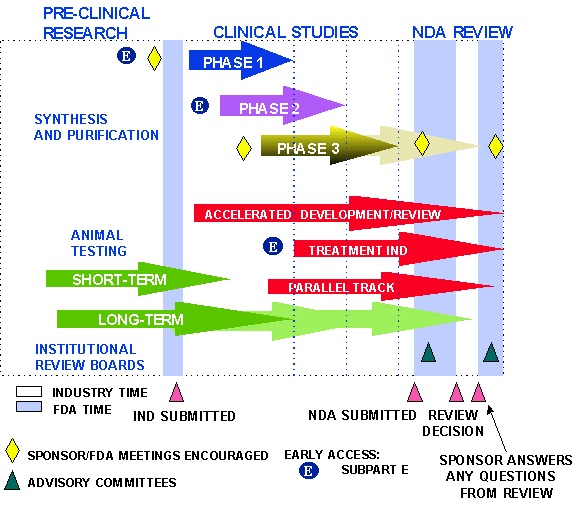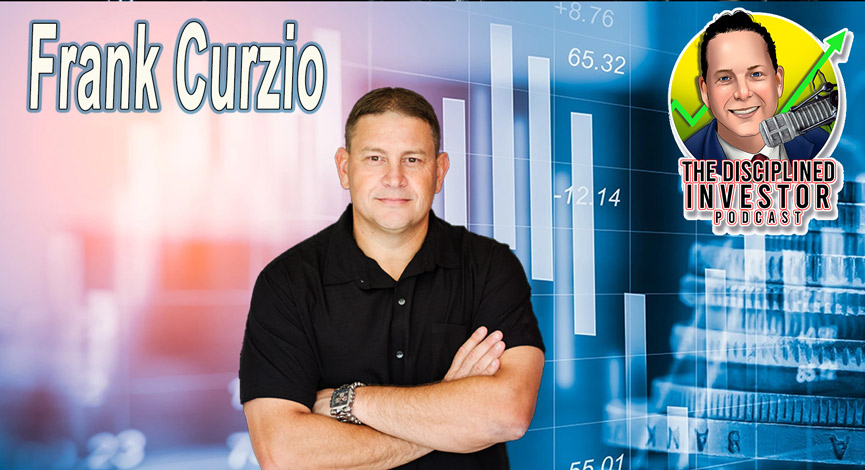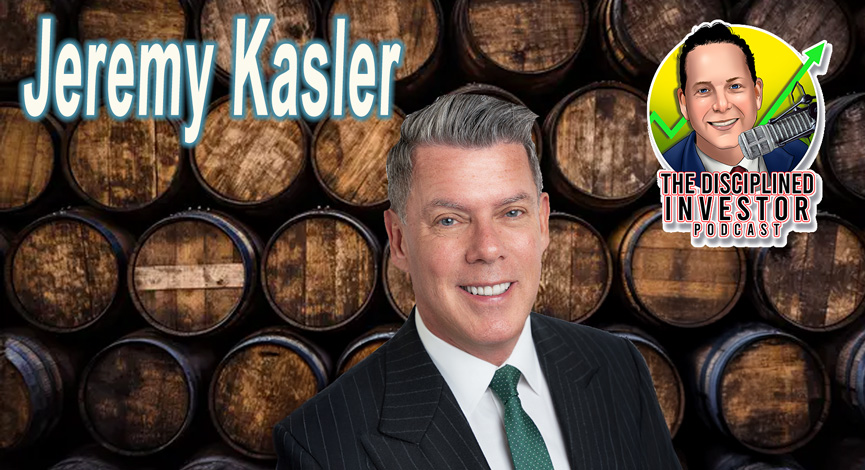The saga continues with DNDN. The stock is moving a bit higher. There are many people’s lives that may now be in further disarray as the long-awaited and deeply hoped-for FDA approval of the prostrate cancer treatment Provenge has been delayed. There is a rather large commotion concerning several inconsistencies with the FDA decision. (By the way, a 90% historical correlation on approvals with the FDA and Advisory Panel is rather impressive. What changed?)
long-awaited and deeply hoped-for FDA approval of the prostrate cancer treatment Provenge has been delayed. There is a rather large commotion concerning several inconsistencies with the FDA decision. (By the way, a 90% historical correlation on approvals with the FDA and Advisory Panel is rather impressive. What changed?)
Maybe there is some confusion with this, but it does seem rather odd that one particular FDA panel member, Dr. Sher is so outspoken, especially as this particular therapy seems to be safe. It also seems blatantly obvious to all there are many conflicting parties that are lobbying for or against this drug and more concerning that it was voted to be unanimously “safe”. One sticky point that is being argued amongst the opposing sides is the whether or not the panel’s vote on the efficacy was done in a correct manner.
According to most definitions, the word efficacy, in a medical context indicates that the therapeutic effect of a given intervention (e.g. intake of a medicine, an operation, or a public health measure) is acceptable. ‘Acceptable’ in that context refers to a consensus that it is at least as good as other available interventions to which it will have ideally been compared to in a clinical trial. For example, an efficacious vaccine has the ability to prevent or cure a specific illness in an acceptable proportion of exposed individuals. In strict epidemiological language, ‘efficacy’ refers to the impact of an intervention in a clinical trial, differing from ‘effectiveness’ which refers to the impact in real world situations.
To better understand what is causing so many to wonder if there are outside interests that have poisoned the process it is important to look at the a few of the dissenting (4) panel member’s concerns.If this was a courtroom, the antics and maneuvering would be grounds for a miss-trial and would have effectively required the jury to be dismissed and a new pool picked for an immediate re-trial.
Before you read this, remember to count to 10 before you lose your cool and start breaking things around your home or office. During the FDA meeting on Provenge, there were two separate issues which needed to be voted on, one was safety and the other efficacy. The problem was with the latter.
Believe it or not; In the middle of the vote there was a decision to change the wording from whether the trials 1) “establish the efficacy” to 2) “showed substantial evidence of the efficacy”, which is the common phraseology. Already 4 panelist had voted (all no) before this was changed. The vote continued… Realize that the FDA uses somewhat “vague language” to ensure that they will no be held liable for a failure of an approved drug. Think of it as their way out…But how do they change the question during the vote?Now as to the decision to delay the approval, one must look to a few of the recent problems the FDA has had by approving drugs, only to have them recalled. Surely we noticed that there have been “a few” times that the FDA has been wrong (Vioxx as an interesting example). Is it possible that they are being extra cautious? How can all agree that it is safe and shows effectiveness, yet delay it?
There is plenty of evidence that Provenge does extend life, but the primary endpoint was not reached which was to “slow the growth of prostrate cancer (PC)”. The endpoint miss was extraordinary slight and the initial endpoint of Study 9901 barely missed tolerance of p =.052
The study clearly showed that Provenge was effective in extending life. This, in conjunction with other treatments that can slow progression are a good “cocktails” that may help to slow the progression of PC and to extend life, maybe long enough for other, yet to be discovered treatment to work.
One more point; there were a few known conflicts that are well documented regarding 2 of the 4 panel members who voted against immediate approval. In particular, Dr. Scher has requested a waiver as he has an interest with the direct competitor of DNDN.
READ CAREFULLY: He receives grants and potential stock from the DIRECT COMPETITOR OF THE DRUG HE VOTED NOT TO APPROVE! Isn’t there a significant concern in that? Take a look at the waiver letter for yourselves. (pdf)
What would you say if we had Larry Ellison voting on whether or not Microsoft’s Access database should approved for use and sale to the public? Of course there is a “Slight” conflict there. I do not mean to trivialize the importance of the FDA and their difficult job of protecting humans from harmful drugs like Tysabri, Vioxx….etc; but even they would argue the decision is bit odd if presented with the facts outside of any “lobbyist” efforts.
Direct from the FDA website: At the heart of all FDA’s medical product evaluation decisions is a judgment about whether a new product’s benefits to users will outweigh its risks. No regulated product is totally risk-free, so these judgments are important. FDA will allow a product to present more of a risk when its potential benefit is great ”” especially for products used to treat serious, life-threatening conditions.
This is a MESS!!!!!! And frankly stinks to high Hell!
















